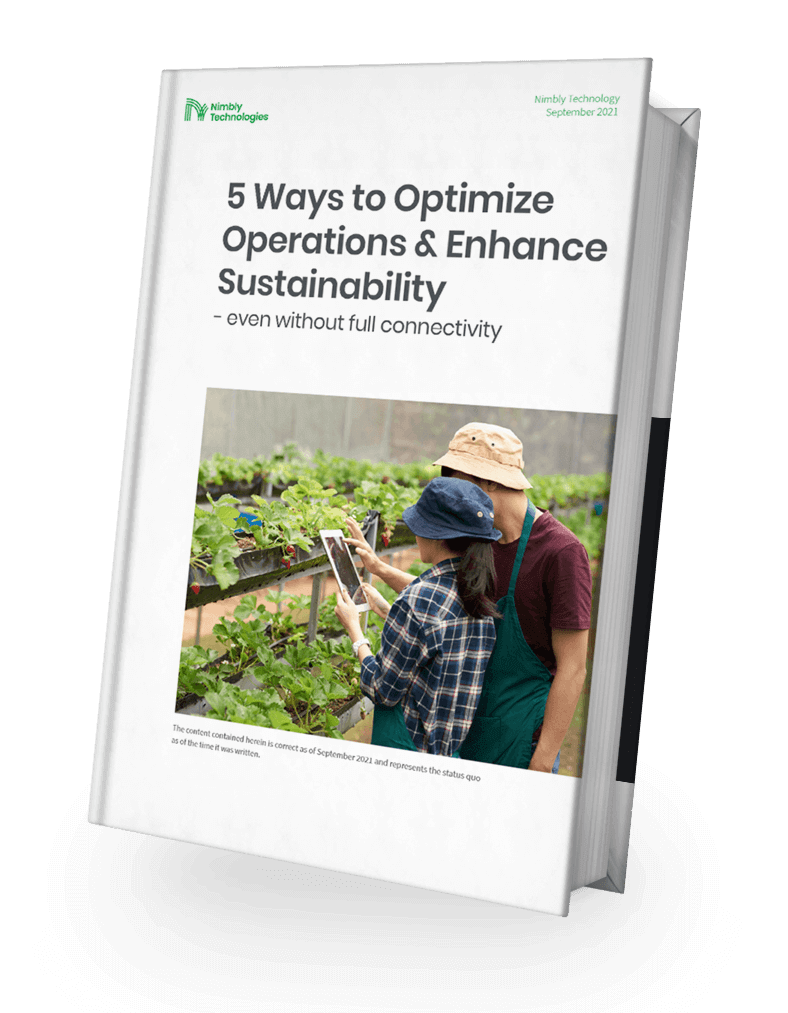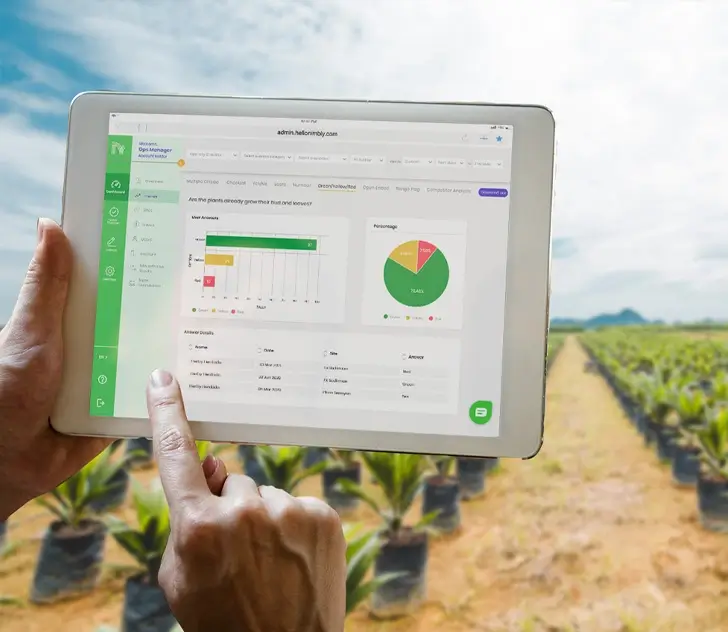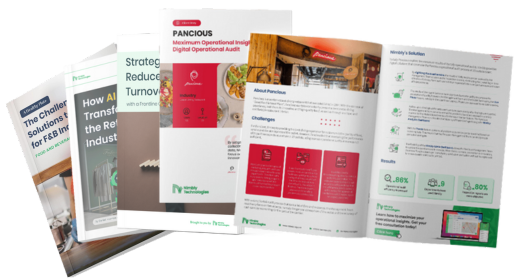

There has been a rise in awareness today about the environmental harm and damage that is caused by large-scale agriculture practices, due to their various harmful farming techniques. To address this, innovative and eco-friendly farming methods have come into fruition and such alternative methods can and should be applied to ensure sustainable agriculture operations.
Here are five environmental-friendly agricultural practices to ensure sustainability.

Organic farming is a farming method that focuses on using biological fertilizers such as compost manure, and using biological pest control and naturally occurring pesticides. This method optimizes the energy and nutrient cycles in the agriculture ecosystem, thus enhancing sustainability efforts.
Research shows that fertilization increases the organic carbon in the soil, leading to the huge release of carbon dioxide and other greenhouse gasses into the atmosphere. Organic agriculture practices will help farmers to reduce the emission of nitrous oxide and methane from the soil, creating a more positive impact towards the atmosphere and the surrounding land, bodies of water and wildlife in the long run.
Crop rotation is an agricultural strategy that involves cultivating different types of crops in the same field in the sequential seasons. With this method, the likelihood of plant and vegetable diseases can be reduced. In addition, this practice also reduces the number of pesticides and chemical fertilizers required for the farming process, thus a more environmentally-friendly approach to farming.
According to the FAO, energy from the agri-food chain contributes to 35 percent of total GHG emissions. Thus, renewable sources of energy, such as solar energy, hydropower, and wind farms, should be considered as a more sustainable option for powering agriculture processes.
Examples of renewable energy uses can be:

Tillage is a soil mechanical agitation process to prepare land for crop production and can be optimized tillage operations to reduce GHG emissions. Methods include overturning, digging, and stirring soil.
The effects of plowing in tillage management include aerating the soil, loosening the top layer for easier planting, and when done seasonally can help dry soil in wetter and cooler conditions. Harvest residue and organic matter are mixed during the process distributing nutrients into the ground and help reduce the likelihood of pests lingering from previous harvests.
Agroforestry is a land management technique that can be used to enhance the productivity of land in the surrounding area such as the water and air quality and soil health. The technique utilizes the planting of trees and other woody perennial plants on the same land used for agriculture for the purpose of preventing soil erosion and the protection of crops and livestock. Examples of agroforestry practices include silvopasture, alley cropping, windbreaks, forest farming and riparian forest buffers.

Sustainable agriculture is an important key to fight rapid climate change with its looming adverse effects. By promoting agricultural sustainability, food production capacities will improve and at the same time protect the environment from the adverse effects of agriculture.
Switch to Nimbly, a digital checklist compatible with modern agricultural tools to help you monitor plants and track issues on the farm effortlessly.
